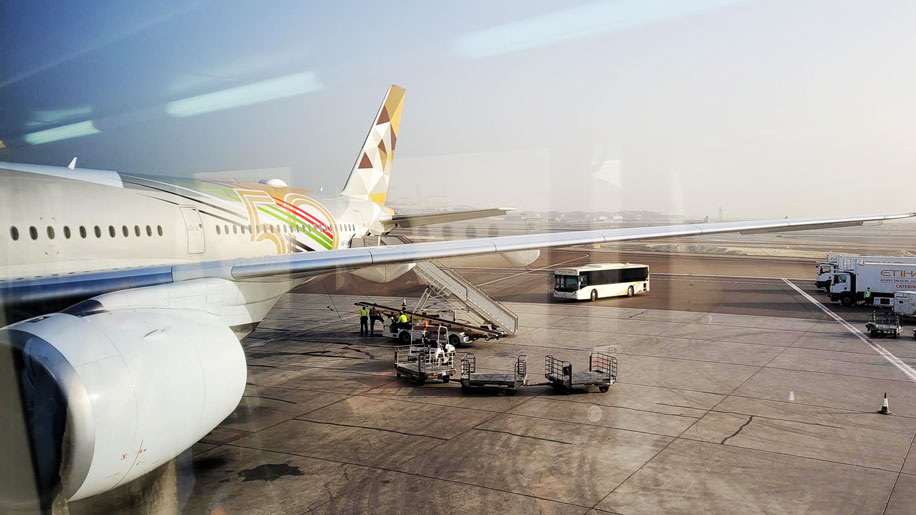
Abu Dhabi Airports, the operator of the emirate’s five airports, said that it received 15.9 million passengers from January 1-December 31, 2022. That number represents a tripling over the 5.26 million travellers that used the emirate’s airports in 2021.
The passenger numbers are a cumulative count across Abu Dhabi International, Al Ain International, Al Bateen Executive, Delma Island and Sir Bani Yas Island airports.
Specifically at Abu Dhabi International airport, in the fourth quarter of 2022, the airport served 4.78 million passengers from October 1-December 31– almost double the 2.43 million it did in the same quarter the previous year.
As of December 2022, Abu Dhabi International airport served more than 100 destinations and had a network of 28 airlines.
Meanwhile, Air Traffic Movements (ATMs) across the five airports last year totalled 194,667.
Jamal Salem Al Dhaheri, managing director and CEO of Abu Dhabi Airports, said, “2022 was a remarkable year for Abu Dhabi in passenger traffic terms. Looking ahead, we are working towards readiness to accommodate even greater passenger traffic in 2023, which we anticipate, as higher numbers of international visitors come to the UAE for key events.
“Sustainability continues to play a big role in everything we do, from design to construction to operation and delivery.”
In December last year, a new biometric service was rolled out at Abu Dhabi International airport. The biometric service was deployed at select self-service baggage touchpoints, immigration e-gates, and boarding gates.
The system uses hi-tech biometric cameras to verify passenger details along several touchpoints in the airport. “Once the project is fully realised, the airport will be the only airport in the region with biometric solutions implemented across all customer touchpoints, providing a seamless journey to all its passengers,” said Ibrahim Al Mannaee, chief executive officer of NEXT50, the Abu Dhabi-based technology company that is delivering the first phase of the biometric initiative.

